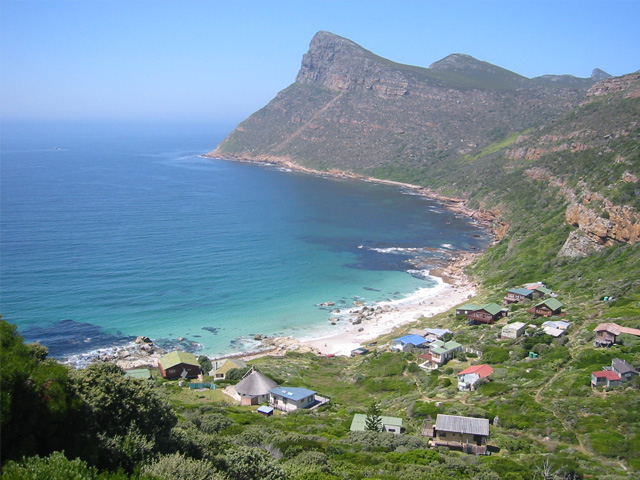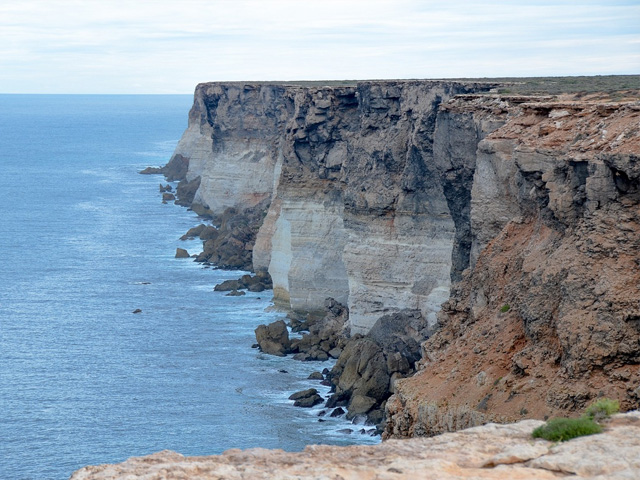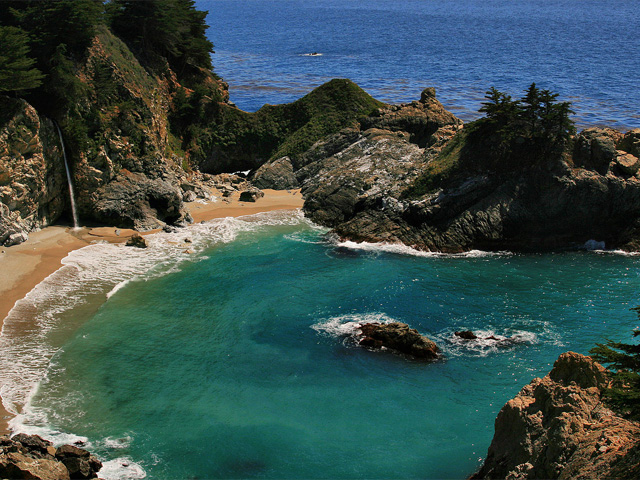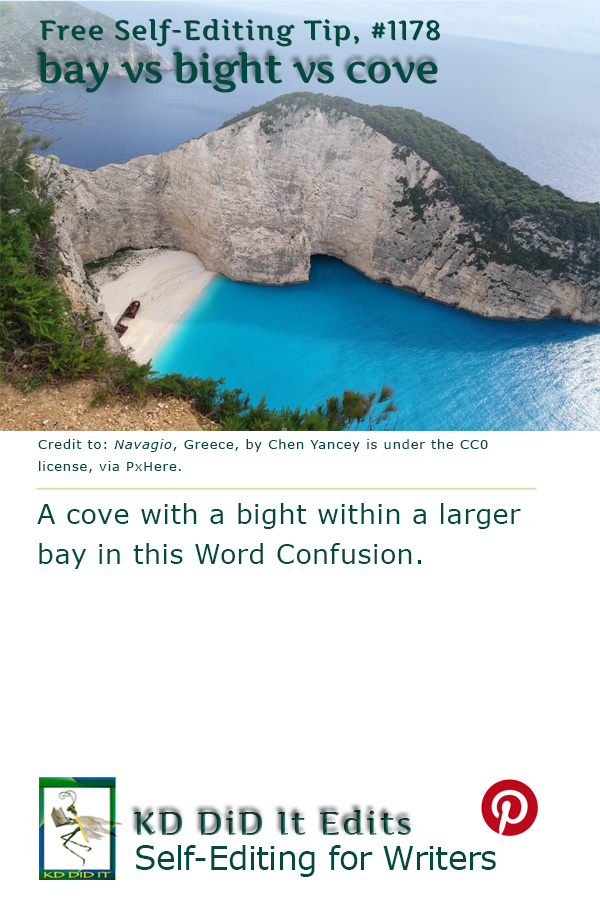This post on bay vs bight vs cove is a continuing exploration of words about the geography of water. And intended to satisfy my own curiosity.
The following three are considered inlets, an indentation of a shoreline.
A bay is a broad inlet of the sea where the land curves inward.
A bight is like a bite into the shoreline.
A cove is like a tiny bay, only it is sheltered and usually with a narrow opening into a larger body of water.
NOTE: This post only addresses bay, bight, and cove with their maritime definitions.
Exploring Later . . .
Other water posts include “Cay vs Key vs Quay“, “Creak versus Creek“, “Dock vs Pier vs Wharf“, “Harbor vs Marina vs Port vs Quay“, “Peer versus Pier“, “Slew versus Slough“, and “Straight versus Strait“.
You may also want to explore a non-water post related to bight, Bight vs Bite vs Byte“.
Word Confusions . . .
. . . started as my way of dealing with a professional frustration with properly spelled words that were out of context in manuscripts I was editing as well as books I was reviewing. It evolved into a sharing of information with y’all. I’m hoping you’ll share with us words that have been a bête noire for you from either end.
If you found this post on “Bay vs Bight vs Cove” interesting, consider subscribing to KD Did It, if you’d like to track this post for future updates.
| Bay | Bight | Cove |
|---|---|---|
 |
 |
 |
| Part of Grammar: | ||
| Noun
Plural: bays |
Noun
Plural: bights |
Noun
Plural: coves |
[Physical Geography] A recessed, coastal body of water that directly connects to a larger main body of water, such as an ocean, a lake, or another bay with coastline on three sides
|
[Physical Geography] A curve or recess in a coastline, river, or other geographical feature | [Physical Geography] A small sheltered bay or inlet with a narrow entrance usually between rocky headlands
|
| Examples: | ||
| A large bay is usually called a gulf, sea, sound, or bight.
“A type of bay known as a ria is actually an estuary that has been taken over by the ocean” (Bay). They anchored their ship in the bay. The Bay of Biscay has been the site of many famous naval engagements over the centuries. San Francisco Bay drains water from approximately 40 percent of California. Guantanamo Bay houses high risk prisoners. |
The Bight of Benin is a wide bay on the coast of Africa north of the Gulf of Guinea, bordered by Togo, Benin, and southwestern Nigeria.
“Bights are shallow and may pose hazards to navigation, so their depths, in addition to any submerged features like sand bars and rock formations, are clearly marked on nautical charts” (NOAA). “A number of bights can be found on both the US West and East Coasts” (NOAA). “The Southern California Bight is the curved coastline between Point Conception and San Diego, and encompasses the Channel Islands” (NOAA). “One of the world’s largest bights is the Great Australian Bight on the continent’s southern coast” (NOAA). |
Meet us at the sandy cove at the north end of the beach.
A cove can be a good place to put a sea kayak in the water and start paddling along the shore. They bathed in a quiet cove. “The wind, which had been fresh and raw across the bare hills, gained no entrance to the cove; and the beach was warm and balmy, the air sweetly pungent with the thicket odors” (London, ch 7). |
| History of the Word: | ||
| Late Middle English from the Old French baie, which is from the Old Spanish bahia, of unknown origin. | Old English byht meaning a bend or angle is of Germanic origin. | First recorded before 900, Old English cofa meaning cave, den, closet, c. the Old Norse kofi meaning hut, the Greek gýpē meaning cave; Middle English. |
C’mon, get it out of your system, bitch, whine, moan . . . which words are your pet peeves? Also, please note that I try to be as accurate as I can, but mistakes happen or I miss something. Email me if you find errors, so I can fix them . . . and we’ll all benefit!
Satisfy your curiosity about other Word Confusions on its homepage or more generally explore the index of self-editing posts. You may also want to explore Book Layout & Formatting Ideas, Formatting Tips, Grammar Explanations, Linguistics, Publishing Tips, the Properly Punctuated, Writing Ideas and Resources, and Working Your Website.
Resources for Bay vs Bight vs Cove
Some of these links may be affiliate links, and I will earn a small percentage, if you should buy it. It does not affect the price you pay.
Some of these links may be affiliate links, and I will earn a small percentage, if you should buy it. It does not affect the price you pay.
Apple Dictionary.com
“Bay.” Education. National Geographic. n.d. Web. 20 May 2023. <https://education.nationalgeographic.org/resource/bay/>.
London, Jack. The Valley of the Moon. Originally published 1913. 2012. <https://amzn.to/3WuHjGz>. Ebook.
NOAA. “What is a Bight?” Ocean Facts. National Ocean Service. 20 Jan 2023. Web. 20 May 2023. <https://oceanservice.noaa.gov/facts/bight.html>.
Pinterest Photo Credits:
Navagio, Greece, by Chen Yancey is under the CC0 license, via PxHere.
Revised as of 5 Apr 2024
By: Kathy Davie

